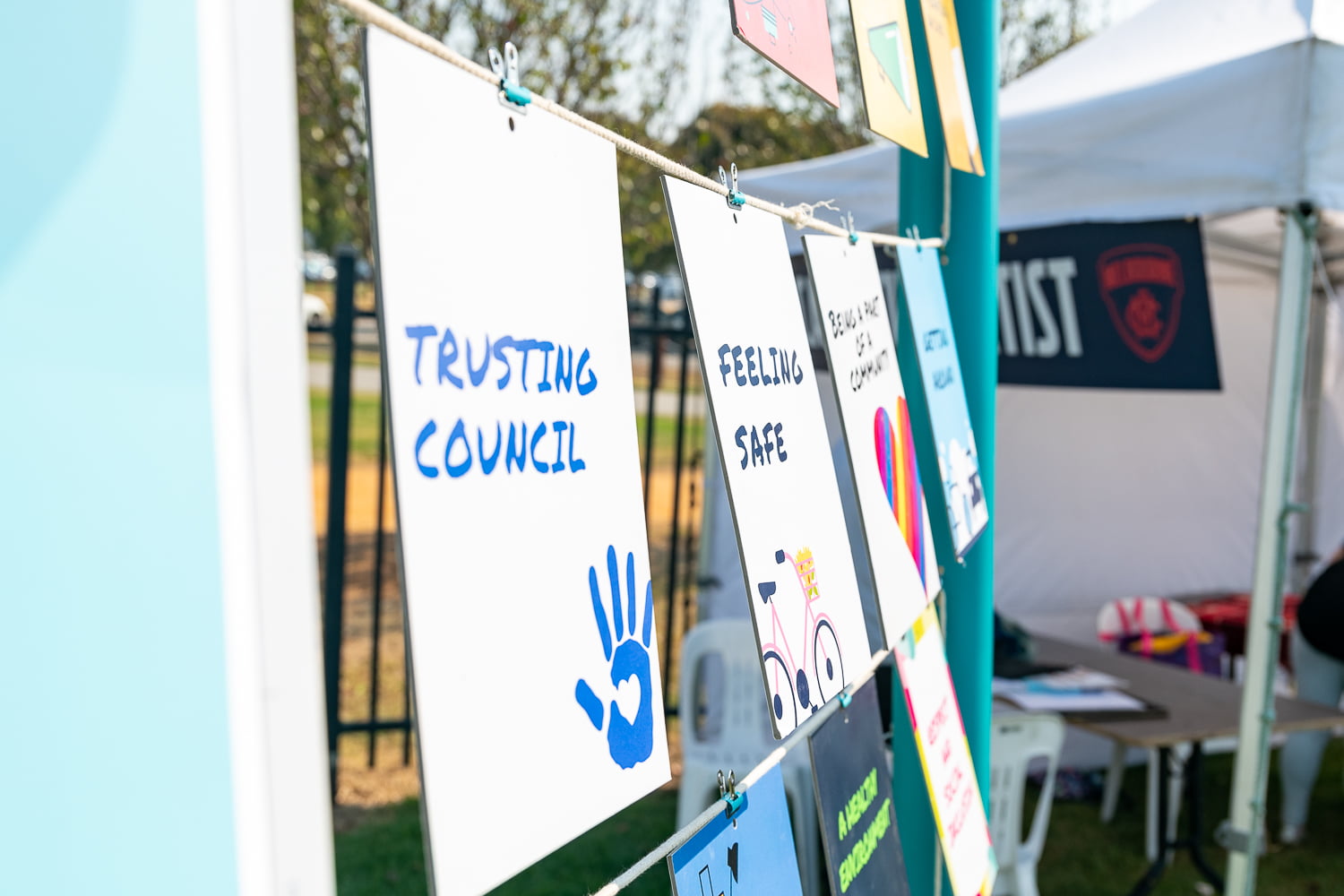Voter fatigue refers to the apathy felt towards voting by people who live in a country /state that functions as a democracy. It is generally known to be caused by having to vote in multiple elections in a short period of time – in the Australian context this could refer to the federal, state, local elections, as well as a referendum. It is important to acknowledge the impact this may have on other smaller scale forms of community engagement and how we keep community members informed and address barriers that prevent people from experiencing engagement fatigue.
Contributing Factors to Voter/Engagement Fatigue
Some contributing factors to voter/engagement fatigue include:
- Lack of trust in the candidates, or even the government at large.
- Feeling as though their individual vote may not be significant, so what’s the point?
- Distrust towards the media because of conflicting information on different platforms.
The failure of the Voice referendum held in October last year is one example of a decision making process that could cause engagement fatigue. The large amount of time and resources dedicated to the referendum that ultimately led to no change may cause a sense of apathy in voters, especially if they felt that there should have been more assertion from the government and bipartisan support from the Coalition.
Addressing Barriers to Voter/Engagement Fatigue
When facilitating community engagement, it is necessary to take into account the context of the participants and be understanding of voter/engagement fatigue. Some ways to challenge the previously mentioned barriers include:
Transparency: identifying the project, its potential outcomes, and the role of the participant.
Rapport: listening to what the participant has to say and any concerns they may have in relation to the project.
Clarity and communication: having background knowledge about the project and the ability to refer the participant to further information about the project, or to another person working on the project with expertise in the identified area.
Inclusivity: ensuring there are multiple ways stakeholders and community members can have their say – including online formats and face-to-face engagements.
Considering the broader context of participants can create a more understanding dynamic between facilitators and participants. Through recognising the way voter fatigue can influence smaller scale engagements, facilitators can begin to address this through using appropriate planning and communication skills.
Sources:
https://www.polyas.com/election-glossary/voter-fatigue
https://theconversation.com/people-experiencing-news-fatigue-are-less-likely-to-be-voters-215648


